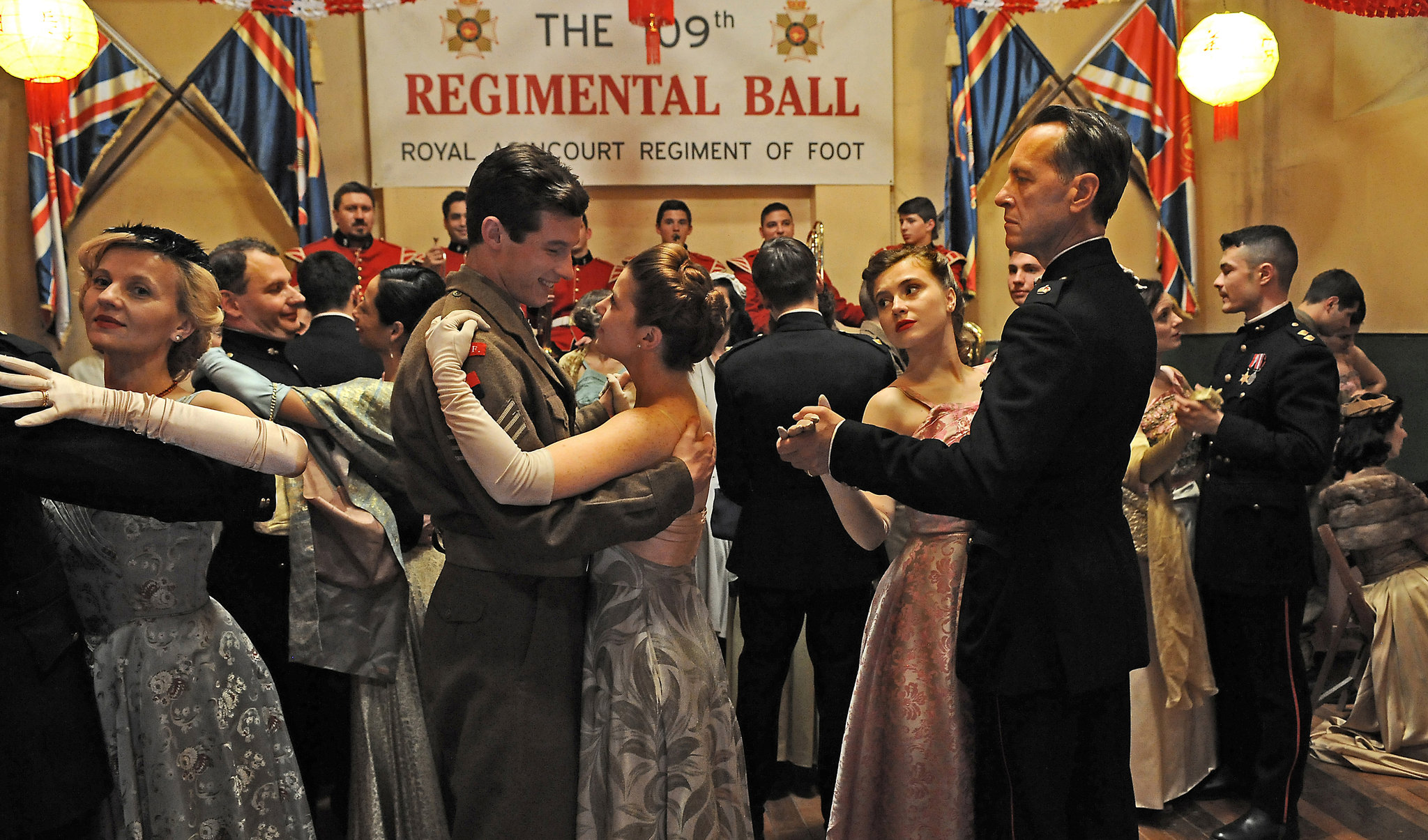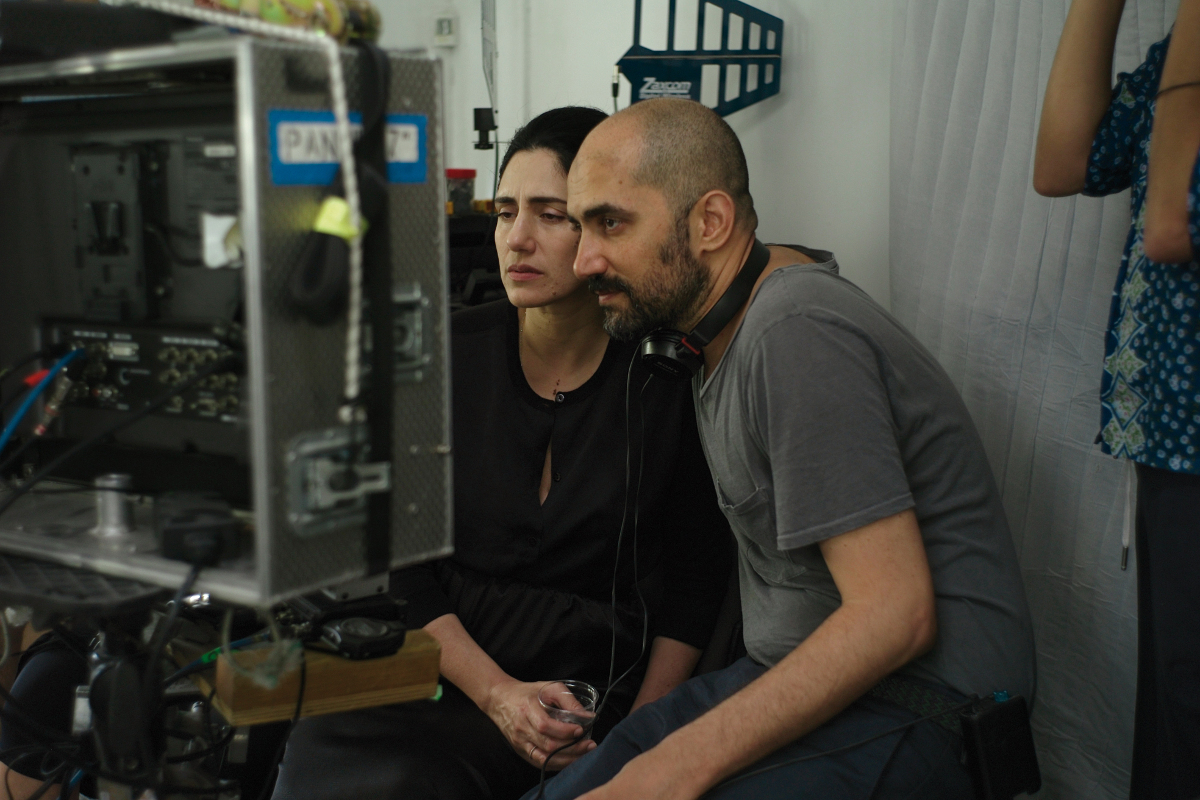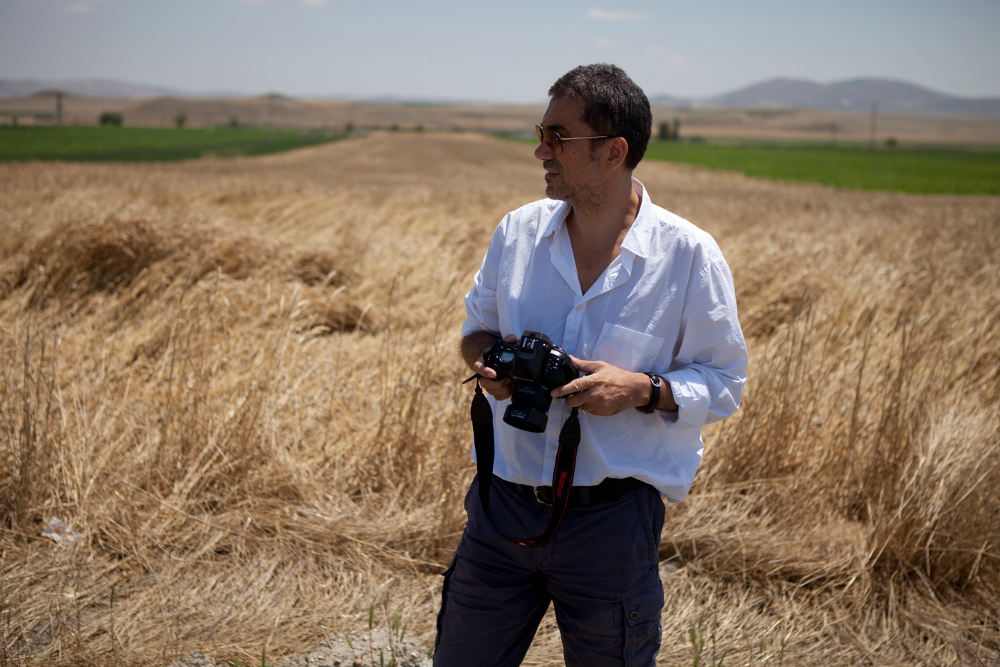This April 24th we’ll be opening the Oscar and Golden Globe nominee for Best Foreign Language film TANGERINES at the Royal, Town Center and Playhouse. Set in 1992, during the growing conflict between Georgia and Abkhazian separatists in the wake of the Soviet Union’s dissolution, this compassionate, affecting film focuses on two Estonian immigrant farmers who decide to remain in Georgia long enough to harvest their tangerine crop. When the war comes to their doorsteps, Ivo (played by legendary Estonian actor Lembit Ulfsak) takes in two wounded soldiers from opposite sides. The fighters vow to kill each other when they recover, but their extended period of recovery has a humanizing effect that might transcend ethnic divides. Set against a beautiful landscape defiled by war, this poetic film makes an eloquent statement for peace.
Here is the director’s official statement about his acclaimed movie: “People without borders – is the leitmotif of the film.
“It is unsettling how irresponsible politicians unleash wars that send ordinary people to die. People, who love life and are unique worlds of their own – death of a person is irreversible, but to politicians that is just statistics. And often the cause of a conflict is artificial to begin with.
“The film is an attempt to show that even severe enemies can overcome this unnatural opposition and institutionalized slaughtering. It is about trust in the human kindness that will eventually prevail, if people are able to forgive, help and protect each other, even from their own people and at the cost of their own lives.”
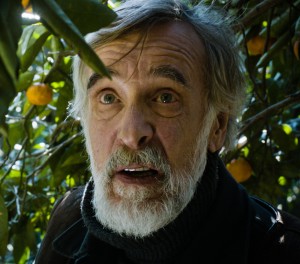

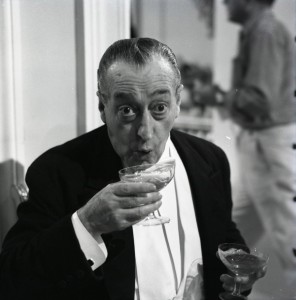
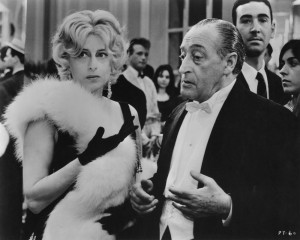
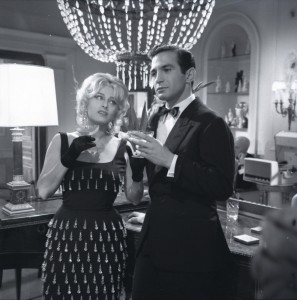
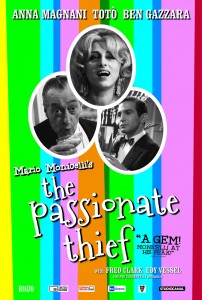
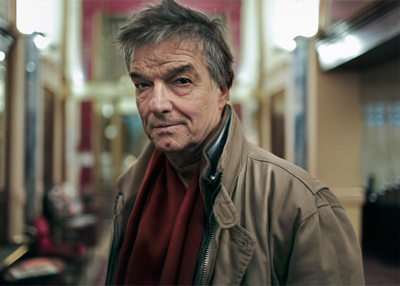 A touching and tense drama about destiny, connections, and passion,
A touching and tense drama about destiny, connections, and passion, 

